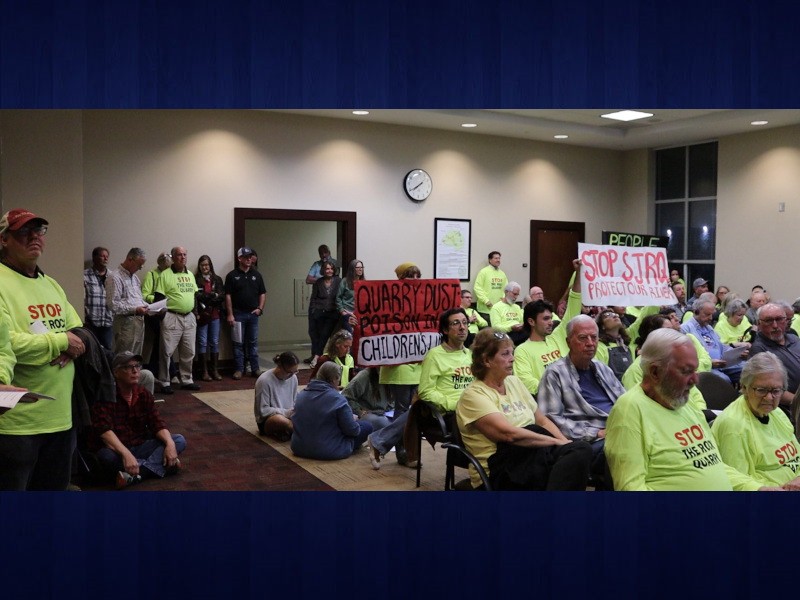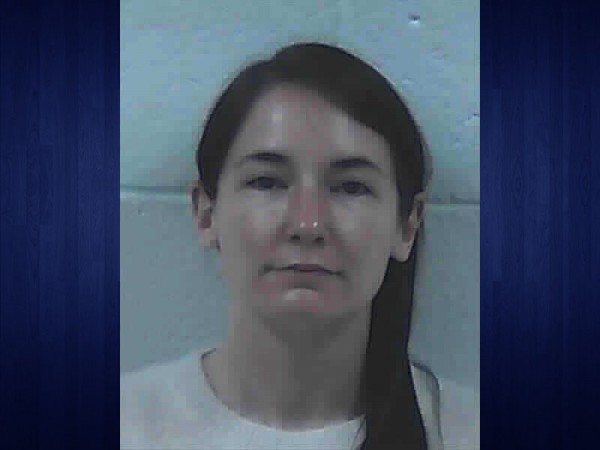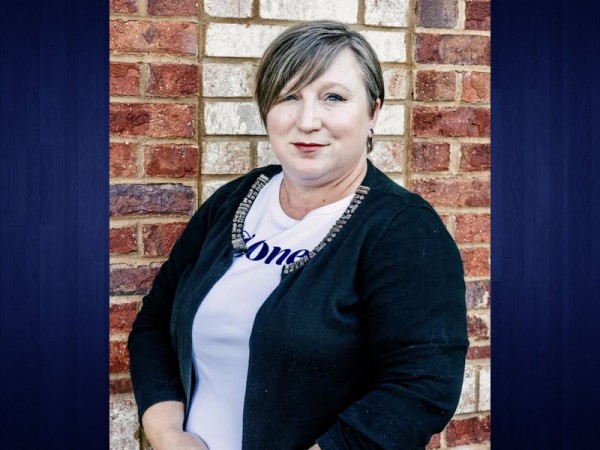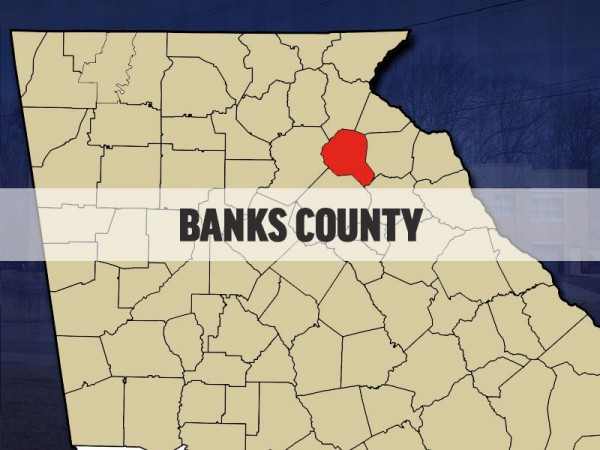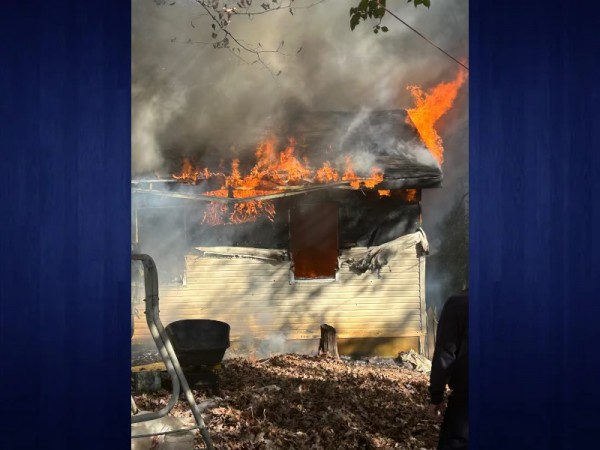Vulcan’s proposed roughly 900-acre rock quarry was denied by the Jackson County Board of Commissioners Monday night.
This comes after nearly two years of opposition from residents in the area.
The denial was 5-1 after district four commissioner Marty Seagraves, who represents the district the proposed quarry is in, motioned to deny the proposed quarry.
The only vote that was against denial of Vulcan’s special use permit was Chairman Tom Crow, who is retiring at the end of the year.
“I think the whole proposal is the best for all of the citizens of Jackson County as a group,” Crow said.
The main concern residents cited was air quality, water quality, property values degrading, and the potential noise produced by the quarry.
That concern was echoed by Seagraves.
“I live in district four,” Seagraves said. “My concerns are air quality, water quality, and the future of our site, our district, our county, and the neighboring counties of Clarke and Oconee.”
There were over 50 people in attendance donning neon-green “Stop the Rock Quarry” shirts, with 11 people speaking in opposition.
There were an array of speakers in opposition, including a recent Democrat candidate for U.S. House for Georgia’s 10th District Lexy Doherty, University of Georgia professors, residents, nonprofits like the Oconee River Land Trust, and members of Stop the South Jackson Rock Quarry.
The special use permit application by Vulcan included eight parcels, with each side getting 45 minutes to speak, down from 80 minutes each at the Oct. 24 planning commission meeting.
Athens-based attorney David Ellison presented on behalf of Vulcan Materials Company, echoing many of the same arguments he did at the planning meeting.
He cited a faulty survey of the land in the proposed site and claimed that the groundwater recharge area was not as present as some may have been led to believe.
Jackson County Public Development Director Jamie Dove cited the Northeast Georgia Regional Commission’s (NEGRC) Oct. 3 report as a persuading factor for the planning department in her briefing to the commission before presentations.
NEGRC defined the area as “primarily woodlands and vacant land...” They also noted the presence of two lakes and a creek located on the proposed site with the North Oconee River forming a portion of the site’s southern border.
“The proposed mining site is located next to this character area, which could negatively impact the area’s environmental quality due to dust, noise, and runoff,” the report reads.
A point of emphasis for Crow? Vulcan’s community benefits development agreement. In it, it promised:
-
A roughly 200-acre conservation and recreation area
-
A payment to Jackson County of $500,000 for use of parks and open space
-
15,000 tons of graded aggregate base per year for 10 years
-
A second payment of $1-million on the fifth anniversary of an initial $500,000 payment to mitigate the impact of costs on the facilities and infrastructure
-
Providing neighbors within two miles up to 20 tons per year of material from the site
“No, because … we’ve been working on this for two years, and what they were proposing was much less,” Crow said. “But as I negotiated with them over the years, I kept getting them to bump it up.”
Seagraves believes the right decision was made.
“We all have access to the same information, they’ve all researched, and they’ve done their due diligence and they’ve made their own decisions,” Seagraves said. “And we appreciate them coming to the right decision.”
There is no word yet on if Vulcan will respond or attempt to appeal the decision in some manner.
“Thank you all for coming out and being a part and letting your voice be heard,” Seagraves said of his constituents.


